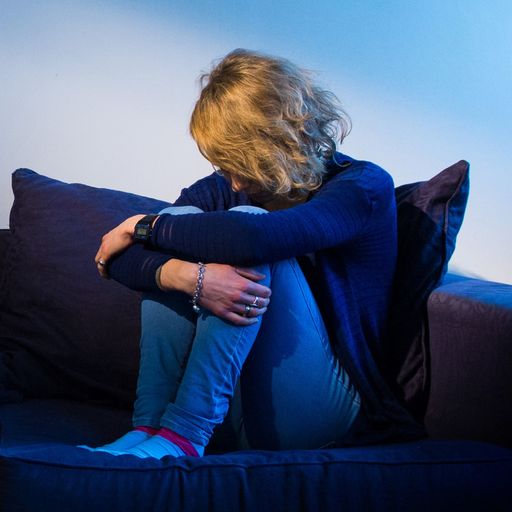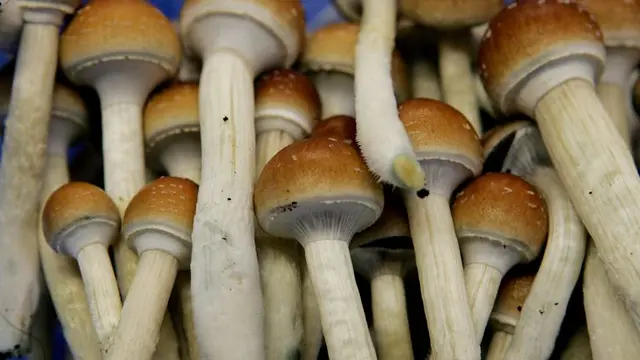The active ingredient in magic mushrooms that gives them their psychedelic effect might be as good as, in not better than a leading drug used to treat depression, a new study suggests.
Researchers from Imperial College, London compared the therapeutic potential of psilocybin - found in themushrooms - with a six-week course of the antidepressant escitalopram in 59 people with moderate to severe depression.
Describing the results as "promising", they found that, while depression scores were reduced in both groups, the reductions occurred more quickly in the psilocybin group and were greater in magnitude.
However they warned that the small scale of the study meant that more significant trials were needed to establish whether psilocybin was as effective as conventional antidepressants over a longer period of time.
During the study, 30 volunteers received an initial dose of psilocybin (25mg) at the start of the trial period, followed by a second dose (25mg) three weeks later.
They were given six weeks of daily placebo capsules to take.
In the escitalopram arm of the study, 29 people received 1mg psilocybin at the dosing sessions - a dose so low as to be classed as non-active and unlikely to have an effect.
They were also given six weeks of daily escitalopram.

For the psilocybin dosing sessions, which lasted six hours, volunteers received an oral dose of the drug.
During the sessions they listened to a curated music playlist, which included emotionally evocative and atmospheric sounds as well as ambient and neoclassical sounds.
The participants were guided through their experiences by a psychological support team, which included registered psychiatrists.
Professor David Nutt, Edmond J Safra Chair in Neuropsychopharmacology at Imperial College London, said: "The effect builds up over about 30 to 40 minutes, and then, for most people, the duration effect is about three to four hours, and then it wears off.
"So the total is six hours, but it's not six hours of tripping."
According to the study, published in the New England Journal of Medicine, people treated with psilocybin showed improvements across a range of subjective measures.
This included their ability to feel pleasure, and express emotions, greater reductions in anxiety and suicidal ideation, and increased feelings of wellbeing.
The psilocybin group also reported fewer cases of dry mouth, anxiety, drowsiness and sexual dysfunction than the escitalopram group.
The most common side-effect of the magic mushroom compound was headaches experienced one day after dosing sessions.
The authors warned that patients with depression should not attempt to self-medicate with psilocybin as the team provided a special clinical and therapeutic context.
They stressed that taking magic mushrooms or psilocybin in the absence of these safeguards might not have a positive outcome.
(Skynews)
 简体中文
简体中文



